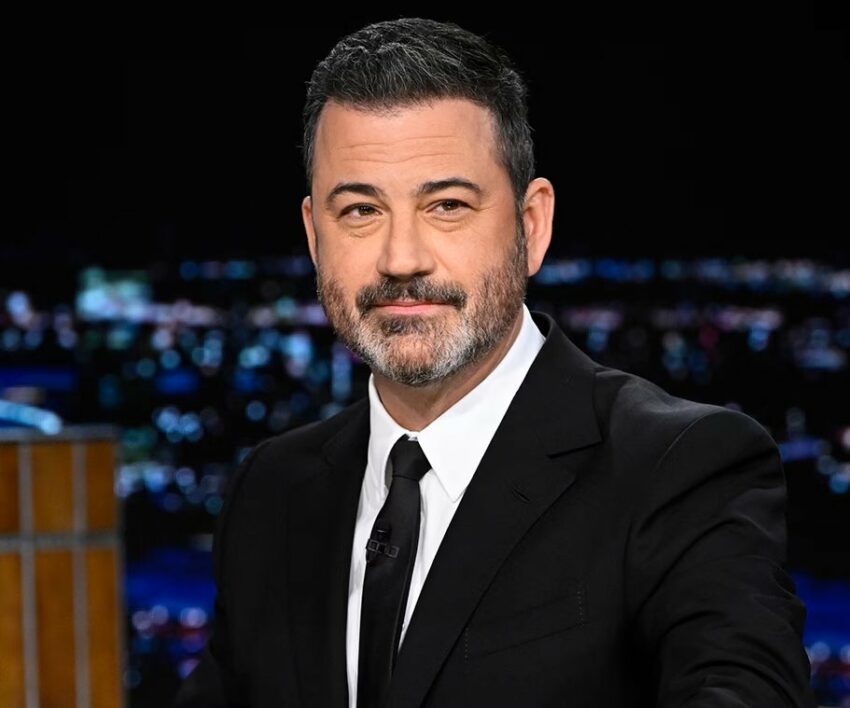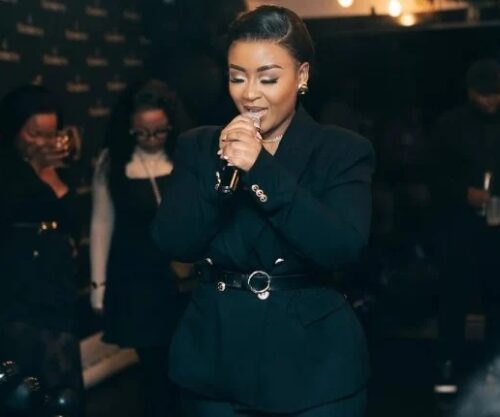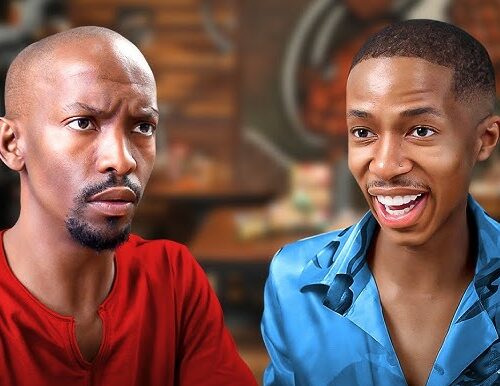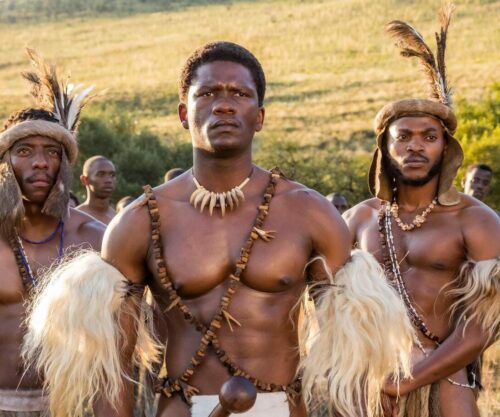
Jimmy Kimmel’s late-night show faced an abrupt suspension on Wednesday after comments the host made about the shooting of conservative activist Charlie Kirk drew warnings from the US government. The network ABC pulled the program nationwide, a move critics are calling government censorship and supporters of former President Donald Trump are hailing as overdue.
“Great news for America. Congratulations to ABC for finally having the courage to do what had to be done,” Trump wrote on Truth Social, celebrating the show’s removal.
Turned Away at the Door
Hollywood audiences were greeted with an empty studio when taping was scheduled. Tickets were canceled, and viewers were literally turned away at the door.
Tommy Williams, a longshoreman from Florida, told AFP:
“Any show that’s on TV that speaks out against Donald Trump, he’s trying to shut down. We’re losing our freedom of speech. This is something that happens in Russia and North Korea and China, state-run TVs stuff.”
FCC Threat Sparks Immediate Action
The drama escalated after FCC Chairman Brendan Carr openly threatened ABC affiliates, warning that failure to act against Kimmel could result in license revocations. Carr told right-wing podcaster Benny Johnson that affiliates could either take action voluntarily or face consequences from the FCC.
Within hours, Nexstar, one of America’s largest owners of ABC affiliate stations, announced it would remove Kimmel’s show. ABC, owned by Disney, quickly followed suit, taking the program off the air nationwide.
What Sparked the Controversy
The row stems from Kimmel’s monologue on Monday, in which he addressed the murder of Charlie Kirk at Utah Valley University. Kimmel criticized conservatives who he said were attempting to frame the shooter, 22-year-old Tyler Robinson, as unrelated to the MAGA movement.
“This is not how an adult grieves the murder of somebody called a friend. This is how a four-year-old mourns a goldfish,” Kimmel quipped, showing footage of Trump pivoting from a question about Kirk’s death to boast about a new ballroom at the White House.
The comments triggered backlash from conservative figures, leading to FCC intervention and the nationwide suspension of the show.
Political Fallout
Donald Trump has repeatedly criticized late-night comedians, including Stephen Colbert, Jimmy Fallon, and Seth Meyers, for their satire. The Kimmel suspension fits a pattern of aggressive action against media and cultural institutions perceived as hostile to Trump’s brand of right-wing politics.
Democrats were quick to frame the event as a threat to free speech.
“President Trump and FCC Chair Carr made it clear: fall in line or be silenced,” tweeted Senator Ben Ray Lujan. California Governor Gavin Newsom added: “Buying and controlling media platforms. Firing commentators. Canceling shows. These aren’t coincidences. It’s coordinated. And it’s dangerous.”
Hollywood, Politics, and Free Speech
The Kimmel suspension underscores the volatile intersection of entertainment, politics, and regulatory oversight in the US. Networks and media conglomerates, including ABC and CBS, have historically navigated this terrain carefully, sometimes settling lawsuits or adjusting content to avoid confrontation with political figures.
Yet for many Americans, this episode represents a slippery slope for media freedom, sparking concerns about government influence on broadcast content and the ability of comedians to speak candidly about politically charged topics.
As the debate unfolds, the question lingers: how far can political pressure stretch before it crosses into censorship?
Source: The South African
Featured Image: X{@thecurrentus}




